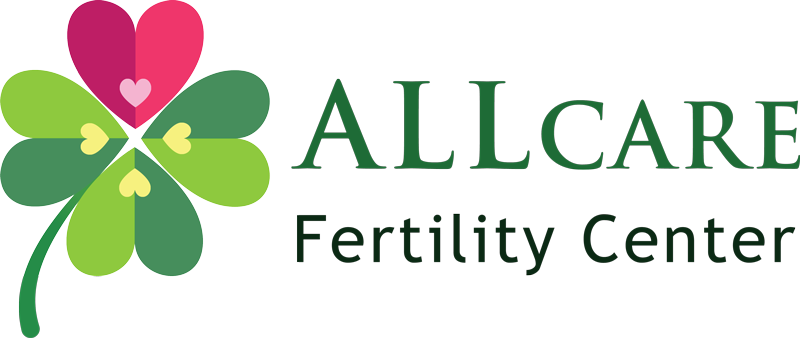If a couple does not find success with certain fertility treatments like in vitro fertilization (IVF), they may consider using donor eggs. Egg donation is a process in which a woman donates her eggs to enable an infertile woman to conceive as part of an assisted reproduction treatment (ART).
Best Candidates for Donor Eggs
You may be a good candidate for donor eggs if you have been diagnosed with any of the following conditions:
- Diminished Ovarian Reserve: This means that the eggs you have are of low quality, often due to age as fertility starts to plummet after age 42 or 44.
- Premature Ovarian Failure: This condition occurs when menopause starts much earlier than normal, usually before age 40.
- Genetically Transmitted Diseases: Any genetic disease that could be passed on to your child
- History of IVF Failure: If you have had a history of IVF failures, especially if your doctor believes that your eggs may be contributing to your infertility.
The use of donor eggs has become more and more common, especially in women over age 40. In 2015, donor eggs or embryos were used in 21,182 assisted reproductive techniques. Among women over age 48, approximately 90 percent of all ART cycles used donor eggs. Research has also shown that women who use fresh, not frozen, embryos have a 43.4 percent chance of becoming pregnant in each ART cycle.
